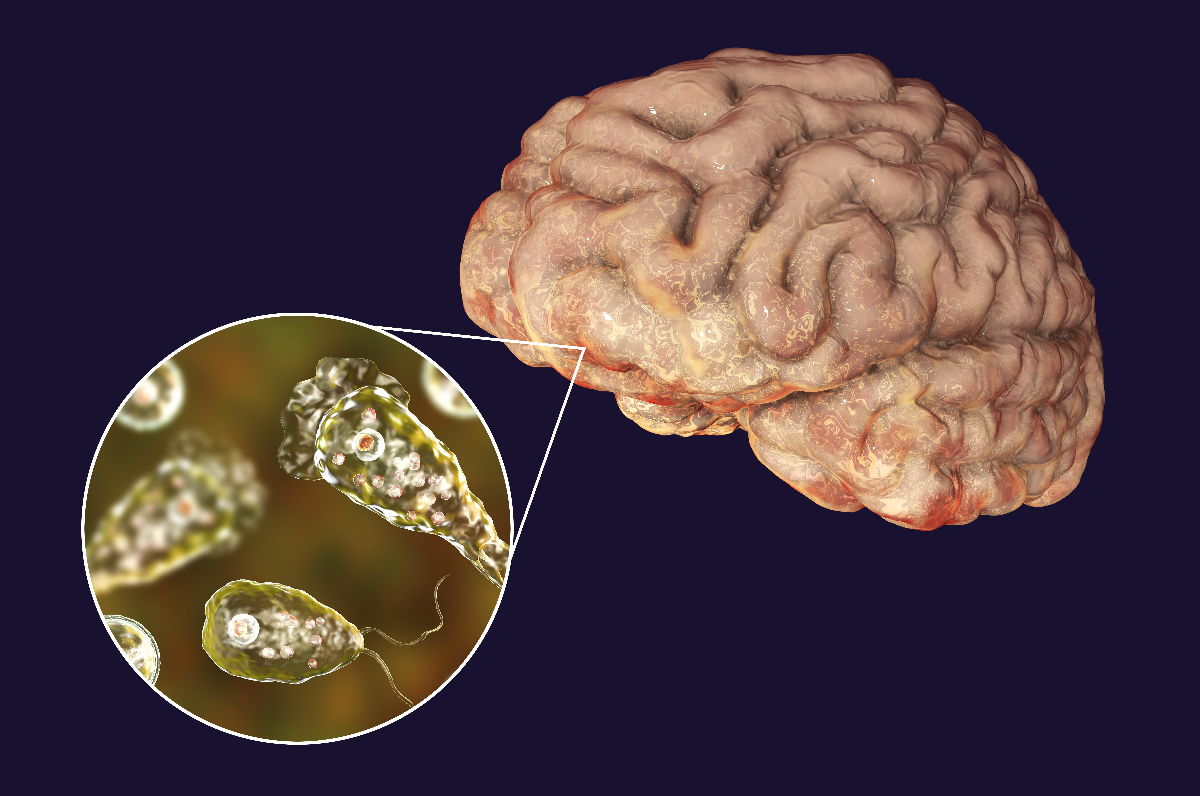The National Institutes of Health (NIH) recently released a warning about Primary Amoebic Meningoencephalitis (PAM), commonly known as Naegleriasis or “brain-eating amoeba.” This infectious disease affects the central nervous system and can be quite serious.


